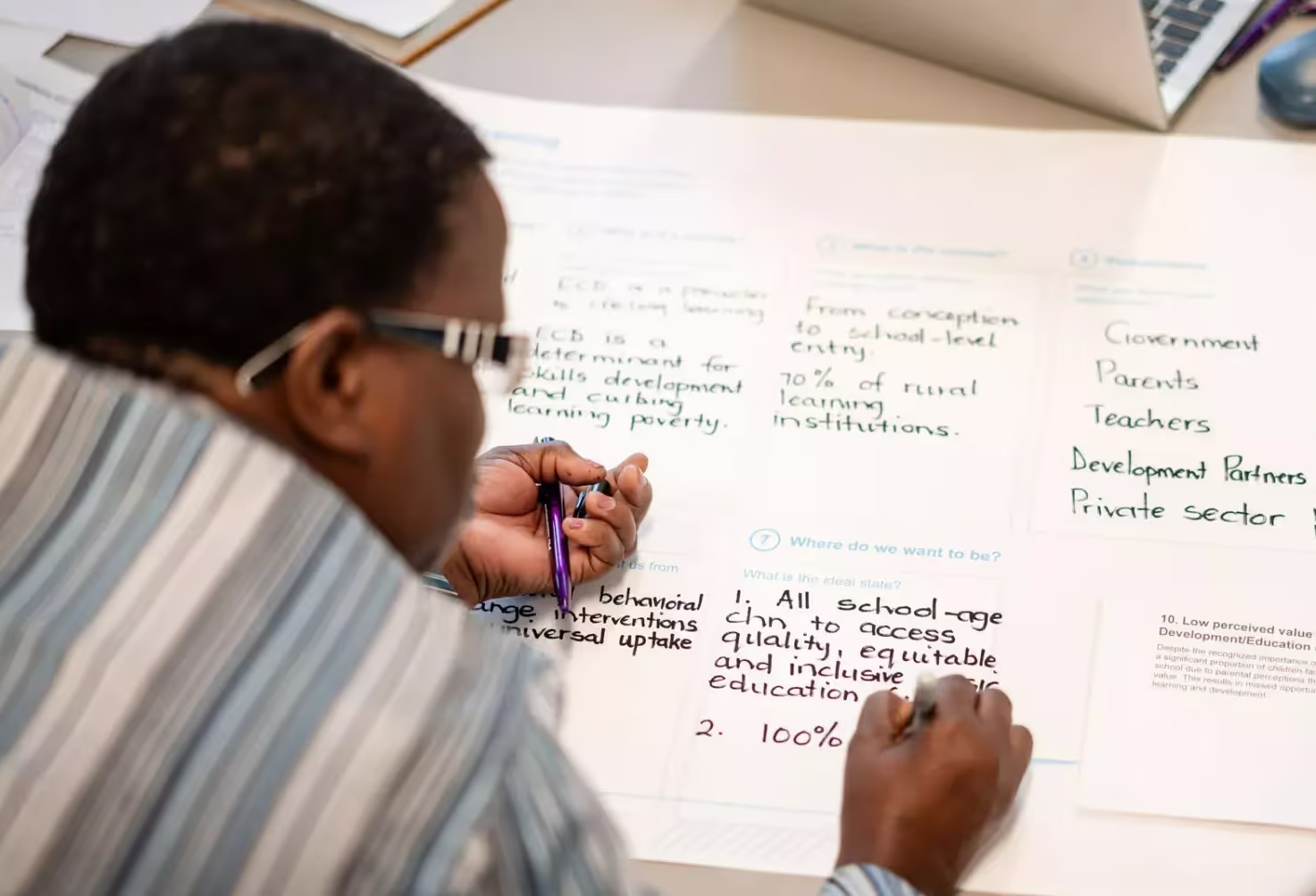Blockchain for Pension Tracking

The United Nations Joint Staff Pension Fund (UNJSPF) has taken the leap into emerging technologies to help them to streamline service delivery to their clients, the retired UN staff around the globe. The Pension Fund’s Certificate of Entitlement (CE) certifies that retiree beneficiaries are who they say they are, are still living, and still reside at their registered locations. This has always been a cumbersome and manual processes that has been prone to error if not fraud. ICC together with the Fund and the effective partnership of Hyperledger, an open source blockchain technology firm, has created a solution to automate and make immutable the CE process with blockchain, biometrics and a mobile app. The project team created and completed a Proof of Concept prototype that demonstrated that technology could be applied to overcome existing issues with the CE without introducing any major risks that hamper the flow of entitlements.


.avif)

